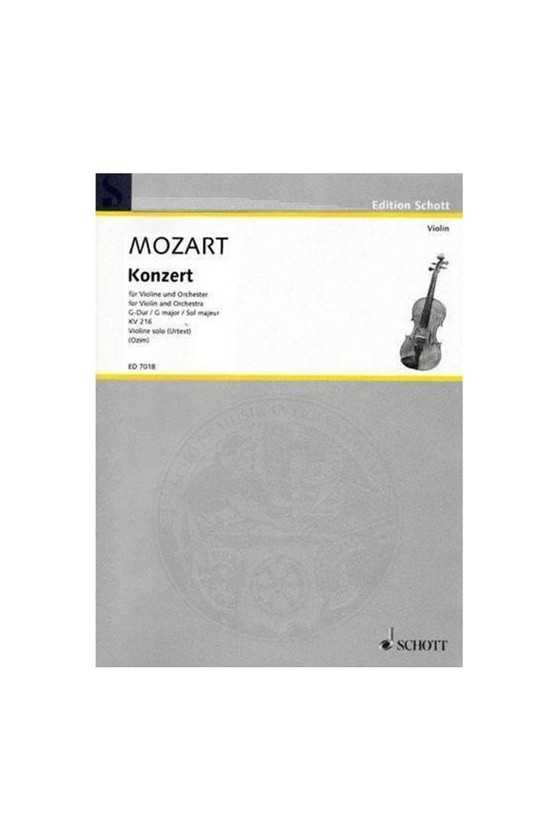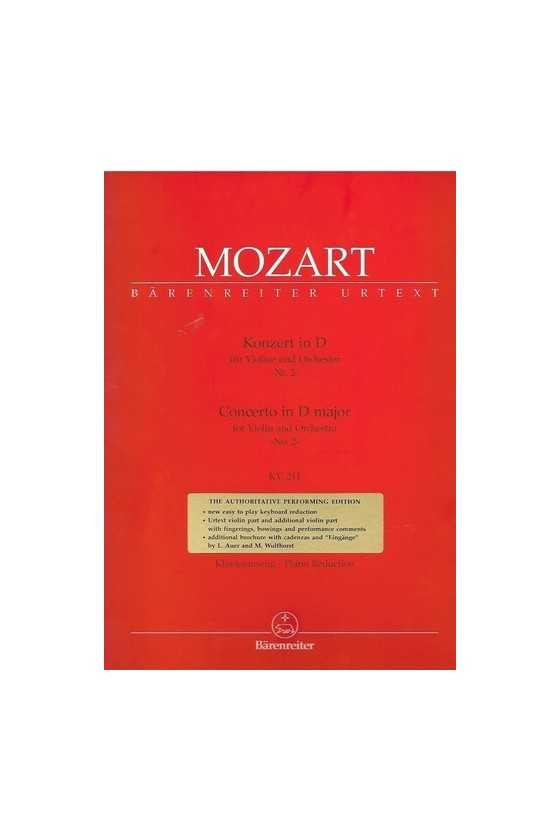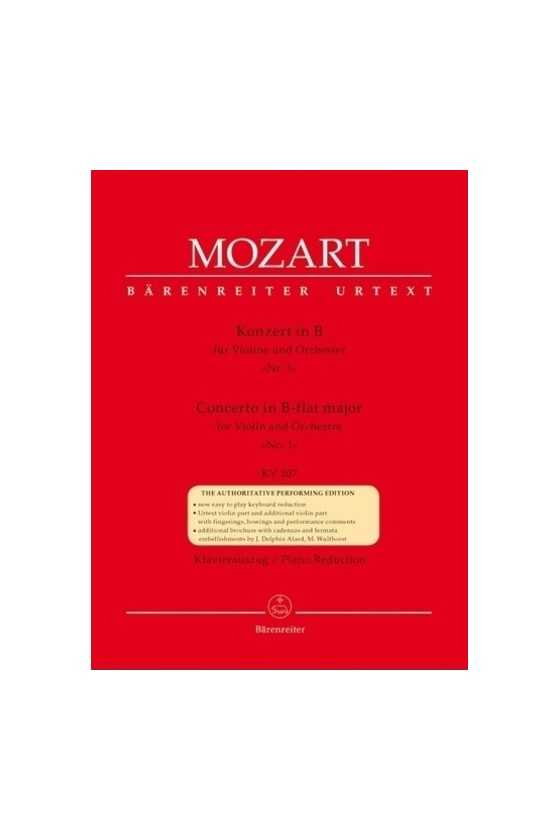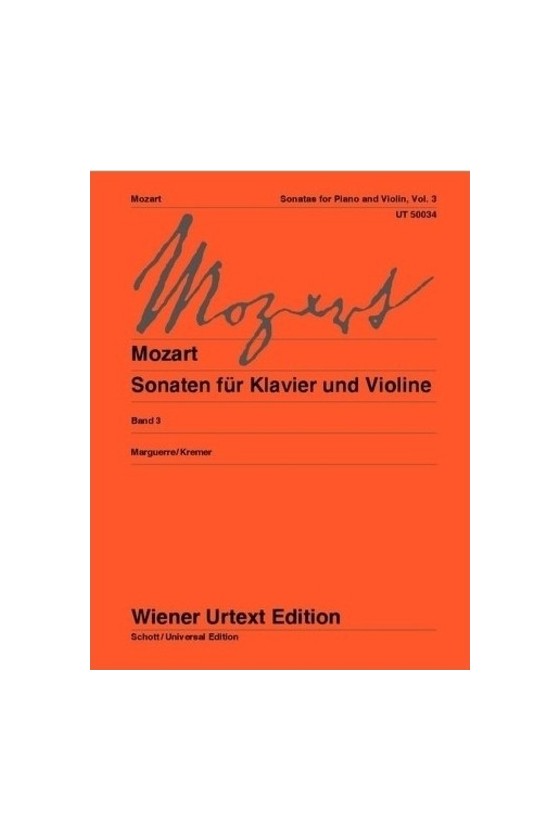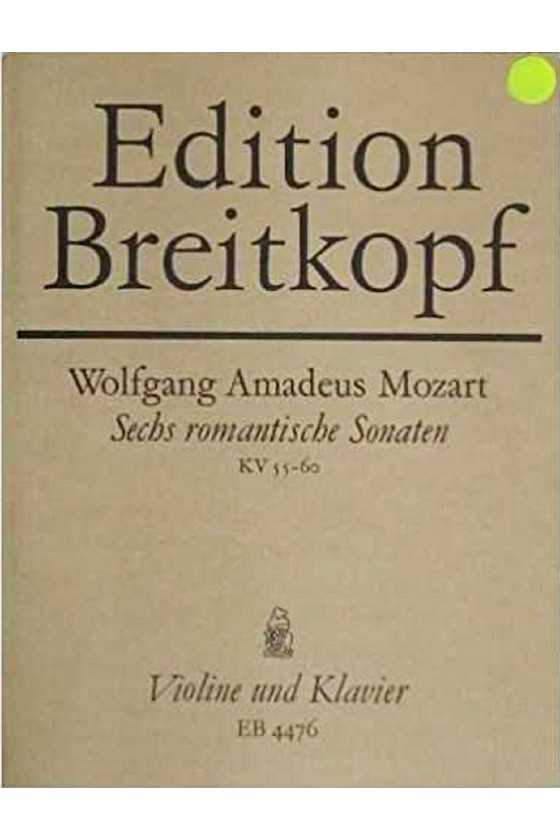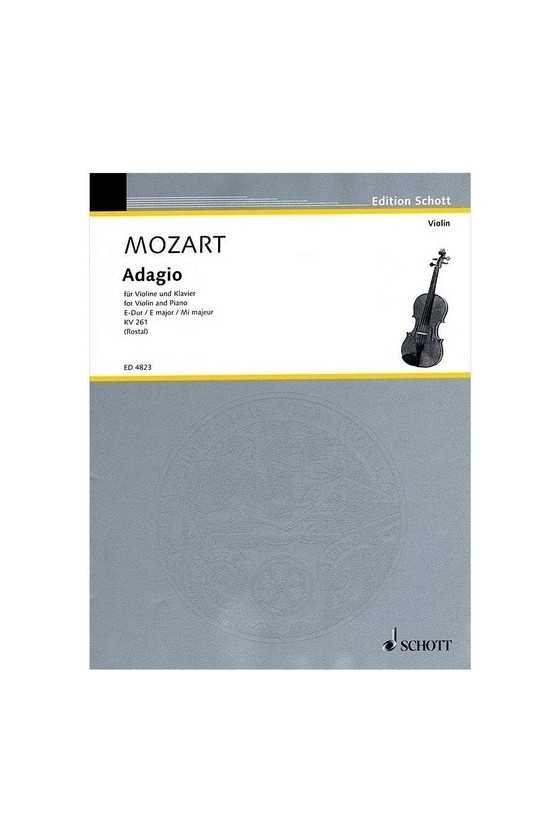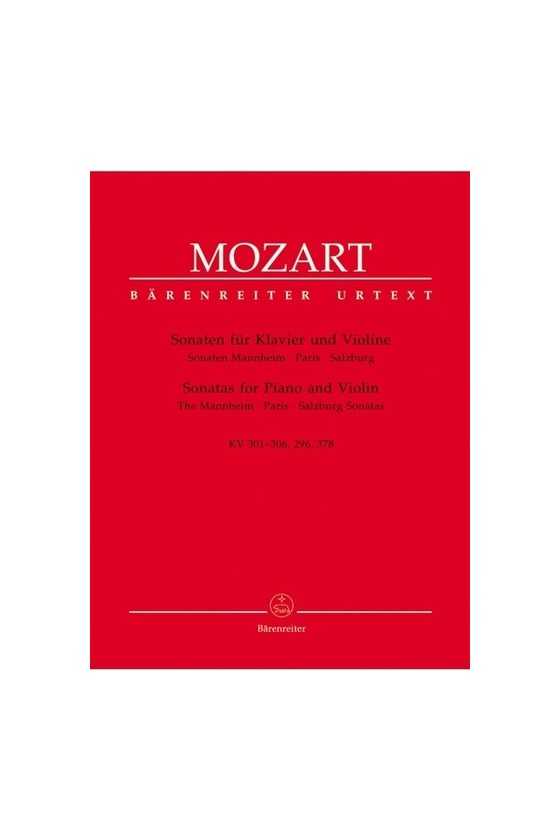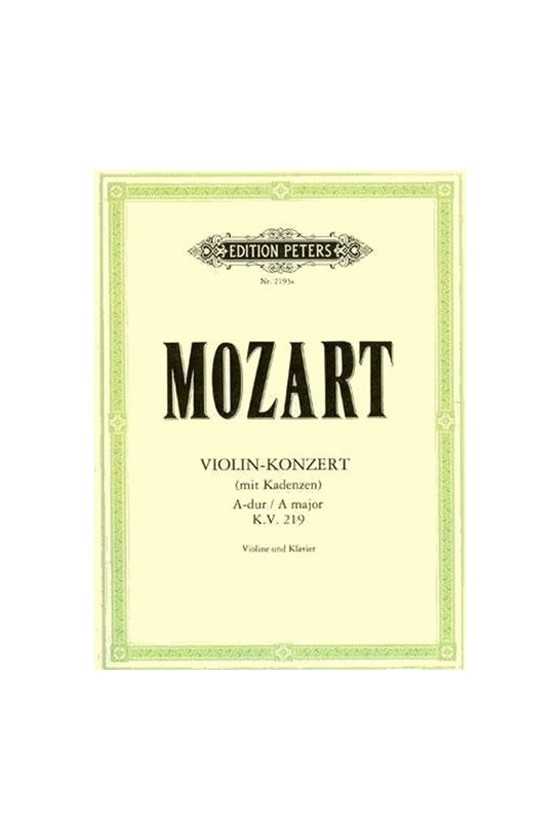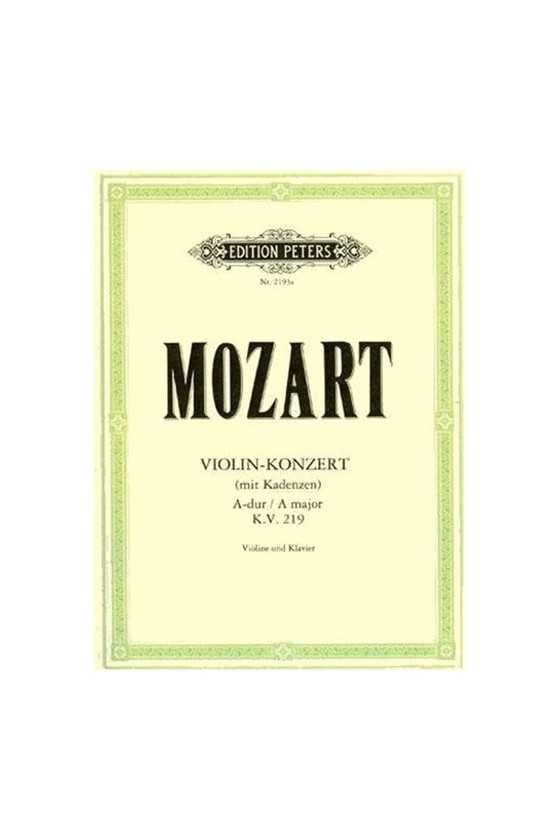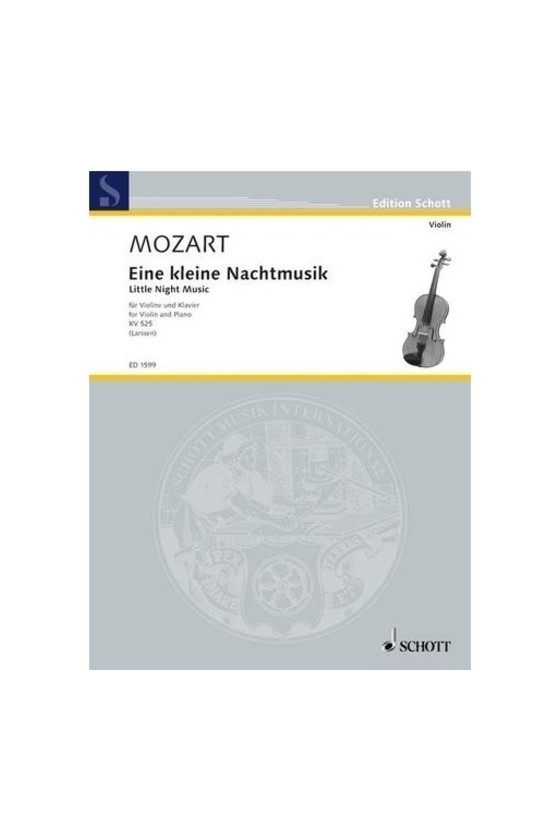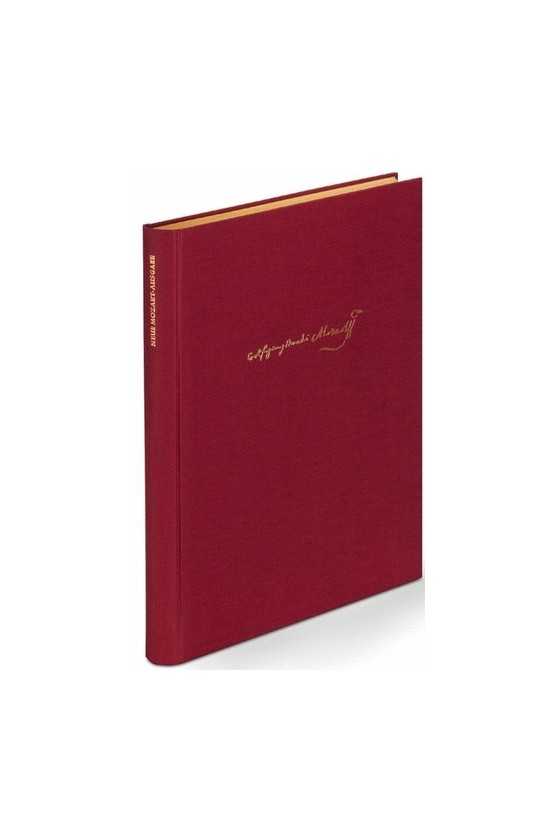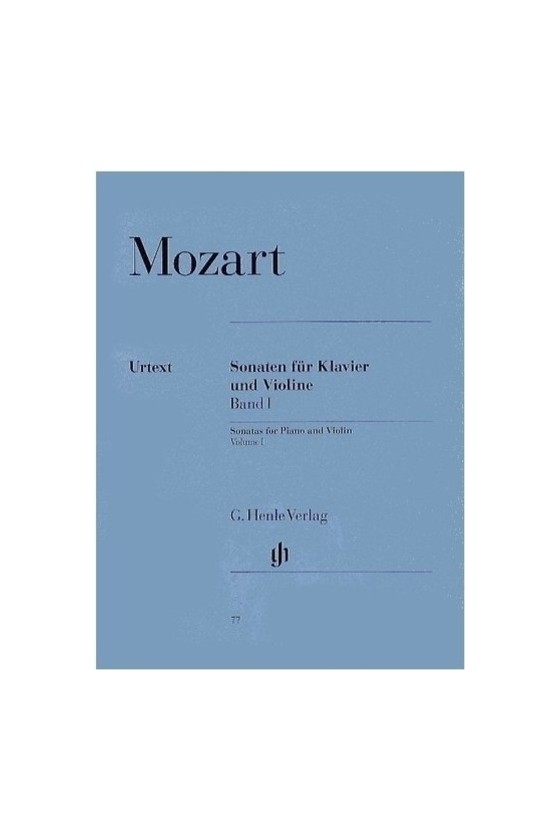Mozart, Wolfgang Amadeus
Wolfgang Amadeus Mozart, born Johannes Chrysostomus Wolfgangus Theophilus Mozart on January 27, 1756, was a brilliant composer who left an indelible mark on the world of classical music. Despite his tragically short life, Mozart's prolific output included over 800 pieces spanning various genres. His symphonies, concertos, chamber music, operas, and choral works are considered masterpieces of their time, and his contributions to Western music history are unparalleled.
Early Years and Extraordinary Talent
Mozart's extraordinary talent was evident from a very young age. Born in Salzburg, a city in the Holy Roman Empire, he began composing and playing music when he was just five years old. His father, Leopold Mozart, recognized his son's exceptional abilities and nurtured his musical development. By the age of six, Mozart was performing before European aristocracy, captivating audiences with his remarkable skills on the piano and violin.
The Grand Tour and Italian Journeys
As Mozart grew older, his talent continued to flourish. In 1763, at the tender age of seven, he embarked on a grand tour of Europe with his father and sister. This tour exposed Mozart to the diverse musical traditions of different regions and allowed him to showcase his prodigious abilities. The young composer's performances in cities like Munich, Vienna, Paris, and London earned him widespread acclaim.
Mozart's travels also took him to Italy, a country renowned for its rich musical heritage. He made three significant journeys to Italy between 1769 and 1773, during which he immersed himself in the Italian operatic tradition. These experiences greatly influenced his compositional style, as he learned from and interacted with leading musicians and composers of the time.
Musical Career in Salzburg and Vienna
Upon returning to Salzburg, Mozart was appointed as a court musician at the age of 17. However, he soon grew restless and sought greater opportunities elsewhere. In 1781, while visiting Vienna, he was offered a position by Archbishop Hieronymus Colloredo, but Mozart declined and chose to remain in the vibrant musical capital.
During his time in Vienna, Mozart experienced both success and financial struggles. He gained popularity among the Viennese elite, who were captivated by his innovative compositions. Mozart's symphonies, concertos, and operas from this period are some of his most renowned works. However, despite his creative triumphs, he faced constant financial hardships, often relying on commissions and public performances to sustain himself.
Late Years and Unfinished Masterpieces
Mozart's final years in Vienna were marked by a flurry of artistic activity. He continued to compose at an astonishing pace, with many of his greatest works created during this period. His symphonies, such as the "Jupiter Symphony," showcased his mastery of the form, while his piano concertos pushed the boundaries of virtuosity and expressiveness.
One of Mozart's most famous unfinished works is the Requiem. Commissioned by an anonymous patron, the Requiem Mass in D minor was intended to be a monumental composition. Sadly, Mozart passed away before completing it, leaving behind a musical fragment that has since been completed by other composers.
Mozart's Legacy and Influence
Mozart's impact on music cannot be overstated. His compositions bridged the gap between the late Baroque and Classical periods, embodying the transition from the highly ornate and complex style of the past to the more structured and refined forms of the future. His music showcased a perfect blend of technical skill and emotional depth, captivating listeners with its beauty and complexity.
Throughout his career, Mozart composed a vast array of genres, including symphonies, operas, solo concertos, chamber music, and piano sonatas. He elevated these genres to new heights, infusing them with his unique musical language and pushing the boundaries of what was thought possible. His liturgical music, including masses and serenades, also demonstrated his mastery of sacred composition.
Conclusion
Wolfgang Amadeus Mozart's brilliance as a composer continues to resonate with audiences worldwide. Despite his tragically short life, he left behind a remarkable body of work that has stood the test of time. From his early prodigious talent to his influential compositions in Vienna, Mozart's music remains a testament to his genius and creativity. As Joseph Haydn once said, "Posterity will not see such a talent again in 100 years." Mozart's legacy lives on, inspiring generations of musicians and enchanting listeners with its timeless beauty.

Mozart Concerto No. 2 In D Major K211 for Violin (Barenreiter)
Mozart Concerto No. 2 In D Major K211 for Violin (Barenreiter)
Mozart, 6 Sonatas For Violin And Piano KV 55-60 (Breitkopf & Härtel)
Mozart's "Romantic Sonatas" for violin and piano have uncertain authorship. The original autographs are missing, and the publisher, Breitkopf & Härtel, doubted their authenticity. Konstanze, Mozart's wife, offered the sonatas to the publisher in 1799, but they were disappointed and requested the original manuscript. However, it could not be found, adding to Konstanze's doubts.

